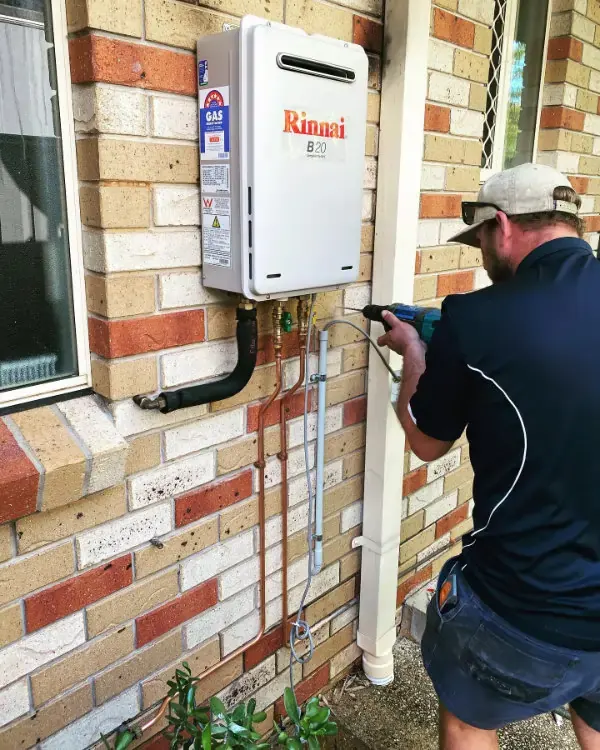How do I know if my hot water system needs replacing?
Has your hot water system seen better days? If you are experiencing problems such as the water not heating as it should or simply visible wear and tear on the system a replacement is probably the best option. The decision to replace a hot water system generally depends on various factors, and there isn't a one-size-fits-all answer. In some instances, replacement is needed due to converting from gas to electricity or vice versa. However, here are some common signs that may indicate it's time to replace your hot water system:

When to consider replacing your hot water system
Typically the need to replace your water heater arises due to its age as an ageing system can lead to a decline in efficiency and frequent malfunctions Before deciding to replace your hot water system, it's advisable to consult with a qualified plumber. They can assess your current system's condition, advise on whether repairs are feasible, and recommend suitable replacement options based on your household's requirements.
Regular maintenance can also extend the life of your hot water system, so make sure to schedule routine checks and servicing.
- Age, Wear and Tear
Hot water systems generally last for about 10-15 years. As your system approaches or exceeds this age, it becomes susceptible to breakdowns and inefficiencies. Over time the deterioration of components can result in reduced efficiency, higher energy consumption, and more frequent breakdowns. Consequently, replacing an ageing system enhances reliability and energy efficiency.
- Frequent Repairs
If you find yourself constantly repairing your hot water system and the costs are adding up, it might be more cost-effective to invest in a new system
- Decreased Efficiency
If you notice a decline in the system's efficiency, such as longer heating times, inadequate hot water supply, or higher energy bills, it could be a sign that the unit is no longer functioning optimally.
- Corrosion or Leaks
Visible signs of corrosion or leaks are serious issues that generally warrant replacement. These issues can lead to further damage, water wastage, higher utility bills, and potential water damage to your property, which can lead to costly repairs.
- Strange Noises
Unusual noises, such as banging or rumbling, could indicate sediment buildup or other issues within the tank, which will affect its performance.
- Rust-Colored Water
If you notice rust-coloured water or foul odours coming from your hot water taps, it may indicate corrosion inside the tank, and replacement should be considered.
- Outdated Technology
Older hot water systems lack the energy-efficient features found in newer models. Upgrading to a more modern and energy-efficient unit can result in cost savings over time.
- Safety Concerns
Ageing hot water systems, especially those featuring storage tanks, may present safety concerns such as the risk of tank corrosion, gas leaks, and a lack of up-to-date safety technology. Upgrading to a newer system ensures safer operation and compliance with current safety standards
- Changes in Household Size or Water Needs
If your household has grown or your water usage patterns have changed, your existing hot water system may no longer meet your needs. Consider upgrading to a larger or more suitable system. If your household has grown in size or your hot water requirements have changed, your existing system may no longer meet your demands. Upgrading to a larger capacity system or switching to a different type of hot water system (e.g., from a tankless to a storage tank system) can better accommodate your needs.

To schedule a licensed plumber for an evaluation of your existing hot water system before considering replacement, contact Purity Plumbing on 1300 257 385 we are here to assist you.